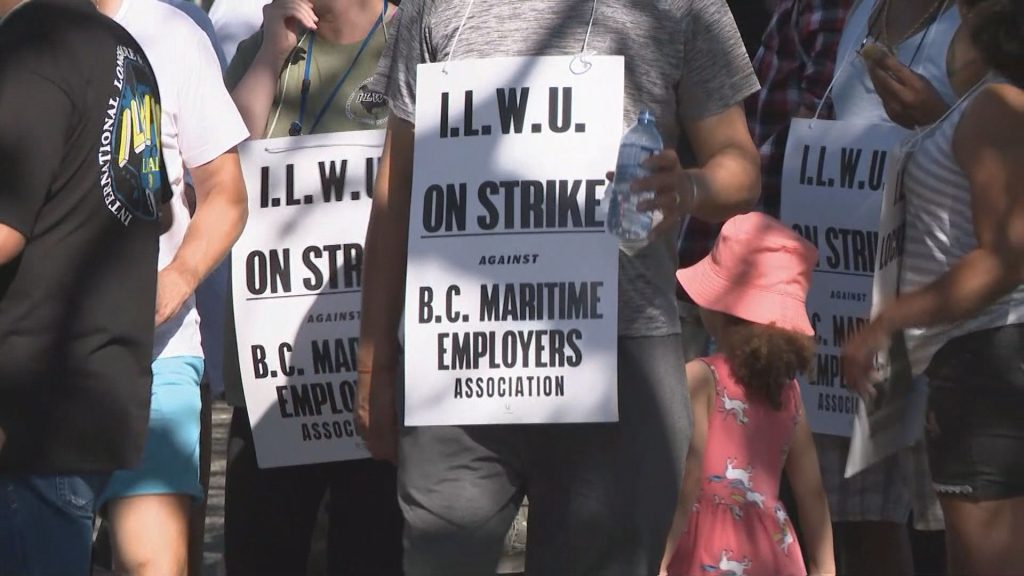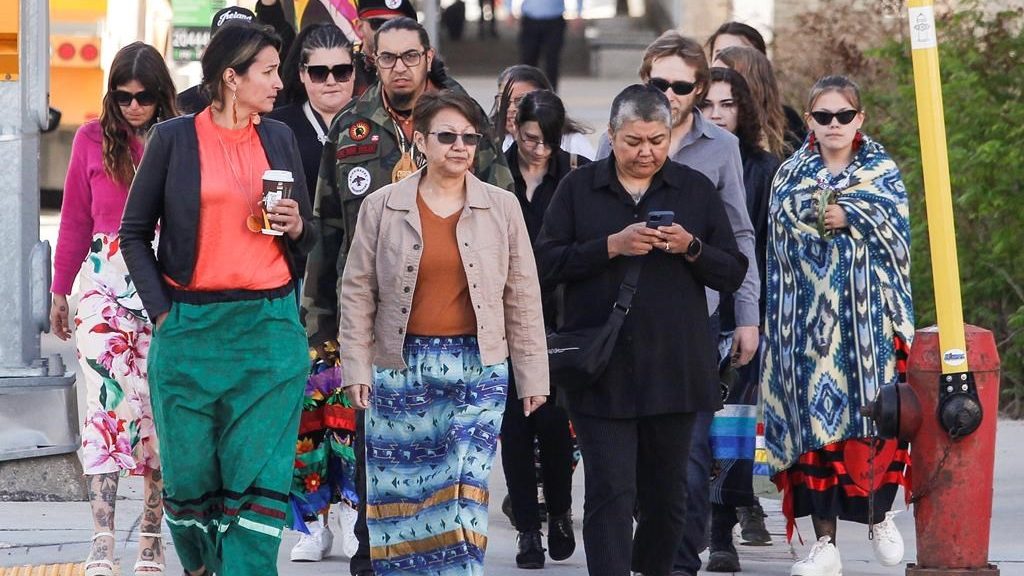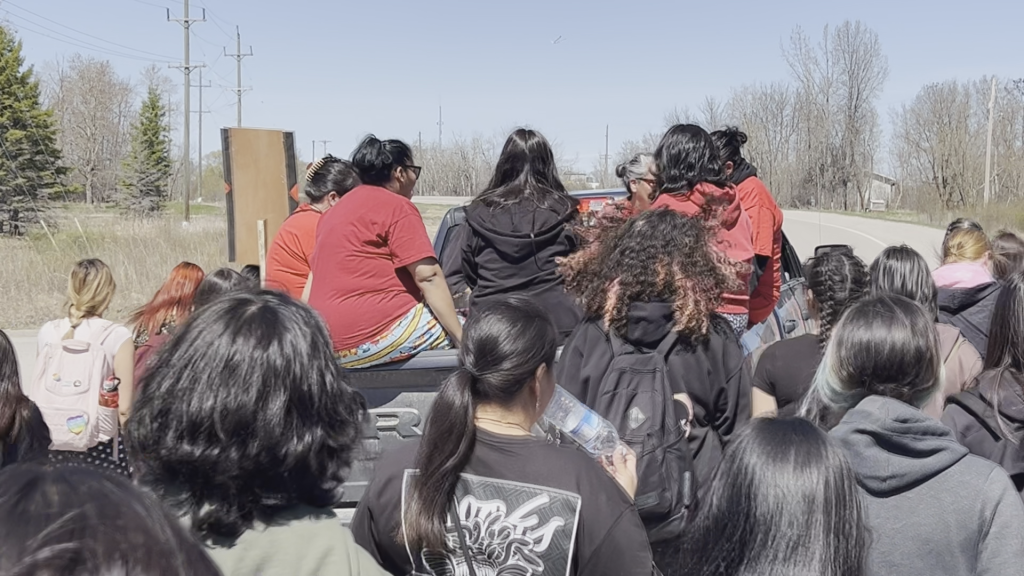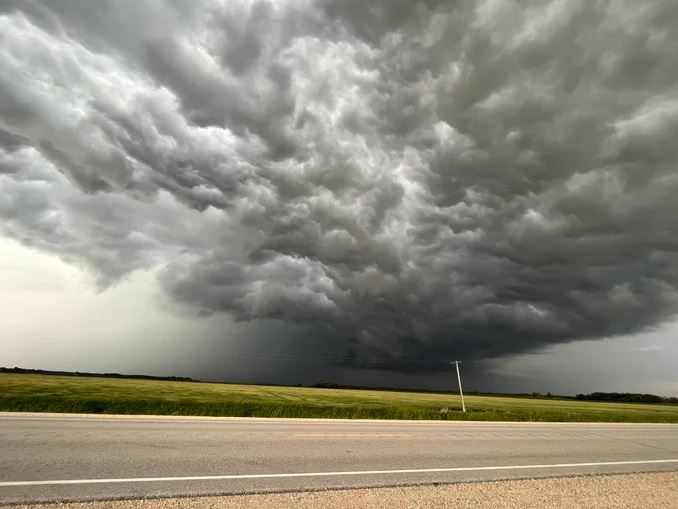B.C. port strike: Feds hint at action after union rejects tentative deal

Posted July 19, 2023 8:42 am.
Last Updated July 19, 2023 3:37 pm.
Breaking update: The federal labour minister says the renewed B.C. port strike has been ruled “illegal.”
A day after the union representing port workers in B.C. rejected a tentative deal that ended job action last week, the federal labour minister is hinting at action to get goods moving again.
In a statement Tuesday night, Labour Minister Seamus O’Regan and Transport Minister Omar Alghabra said the government and Canadians “have been patient,” adding, “We have respected the collective bargaining process. But we need our ports operating.”
Listen to CityNews 1130 LIVE now!
“Today, we received formal notice from the BCMEA (BC Maritime Employers Association) that their membership had accepted this deal in full. However, we were also informed that, despite initially agreeing to recommend the Terms of Settlement, the ILWU (International Longshore and Warehouse Union) Canada’s leadership had decided not to recommend ratification of the terms to their members,” the statement issued by O’Regan.
“Workers and employers across Canada cannot face further disruption on the constructive and substantive collective bargaining process. It represented a fair and balanced deal. It was informed by weeks of collective bargaining and drafted by third-party mediators in the interest of both the union and the employer.”
We have been patient.
Canadians have been patient.
Every effort has been made.
But this cannot go on.Statement from Minister Alghabra and me: pic.twitter.com/mVdbyLjEKA
— Seamus O'Regan Jr (@SeamusORegan) July 19, 2023
Speaking with reporters Wednesday morning, Alghabra said it was “disappointing to find ourselves where we are today.”
He noted the government was “exploring options” but would not elaborate.
“I tell you, my patience has run out. As for what options are before us, those are the discussions that we’re having today. But my patience, personal patience, has run out. Over the last couple of months of risk of disruption then 13 days of disruptions to our largest export and import gateway to the world, we really have a responsibility to act and to do something, as I said, to protect Canadians’ interest and the Canadian economy,” he said.
“I want to emphasize this: We believe in the collective bargaining process, we believe in workers’ right to organize and to negotiate the best deal on behalf of their members. And I really thought we reached that point last Thursday, when a tentative agreement was reached. So it was disappointing to see the leadership or the union decide not to take it to a vote. I think it is time for us now to examine what options we have.”
Unionized workers resumed picket lines at B.C.’s ports Tuesday afternoon. In a release, the BCMEA claims the ILWU’s leadership “rejected the tentative agreement before it was even taken to a vote of the full union membership.”
In its own statement, the ILWU says its caucus “does not believe the recommendations had the ability to protect our jobs now or into the future.”
Fiona McQuarrie, a labour expert at the University of the Fraser Valley, says it’s rare for unions to vote against terms suggested by a mediator.
“The negotiating team is fairly aware of the issues that are important to the membership and tries to reach a tentative agreement that will represent what the membership wants,” she explained.
McQuarrie says there’s no doubt back-to-work legislation is possible.
“That’s a bit more forceful. It does acknowledge that this strike is having a very large economic impact, just because of the the sheer volume of goods and services that passes through the Port of Vancouver,” she added.
Meanwhile, the Conservatives are pressing Prime Minister Justin Trudeau to end the port strike within the next 24 hours.
“His labour minister pumped his fist in the air and declared victory, saying the strike was over and that he should deserve a big pat on the back. Well, we learned now that he was wrong and that the strike was not over,” opposition leader Pierre Poilievre said.
“Justin Trudeau must do his job and end the strike immediately because of the massive cost to workers, consumers, and businesses.”
Related articles:
-
B.C. port workers back on strike after tentative deal rejected
-
Tentative deal reached to end weeks-long B.C. port strike
-
B.C. port strike has disrupted nearly $9B in trade: business, industry groups
The tentative deal struck last week came after O’Regan appointed mediators to bring the matter to a resolution.
Strike action first began on Canada Day, causing widespread disruptions to shipping and transportation for nearly two weeks.
About 7,400 port workers were involved at over 30 port terminals and other sites across B.C., citing issues such as pay and provisions related to maintenance work, contracting out, and automation.

Unionized B.C. port workers on the picket line on Tuesday, July 18, 2023, after a strike restarted. The union representing workers rejected a tentative deal both sides came to days earlier after mediators were appointed. (CityNews Image)
The employer says many of those issues are addressed in the proposed deal.
Initially, the BCMEA had said the tentative agreement reached was for a four-year deal “that recognizes the skills and efforts of B.C.’s waterfront workforce.”
The resumption of the strike has many stakeholders disappointed, with some organizations expressing great concern.
“We are dismayed and disappointed that the mediated deal was rejected by the ILWU, and job action is recommencing at Canada’s west coast ports. In the first 13 days of job action, $9.9 billion in traded goods were affected, causing significant economic harm,” Greater Vancouver Board of Trade President and CEO Bridgitte Anderson said.
-With files from Monika Gul and Emily Marsten








